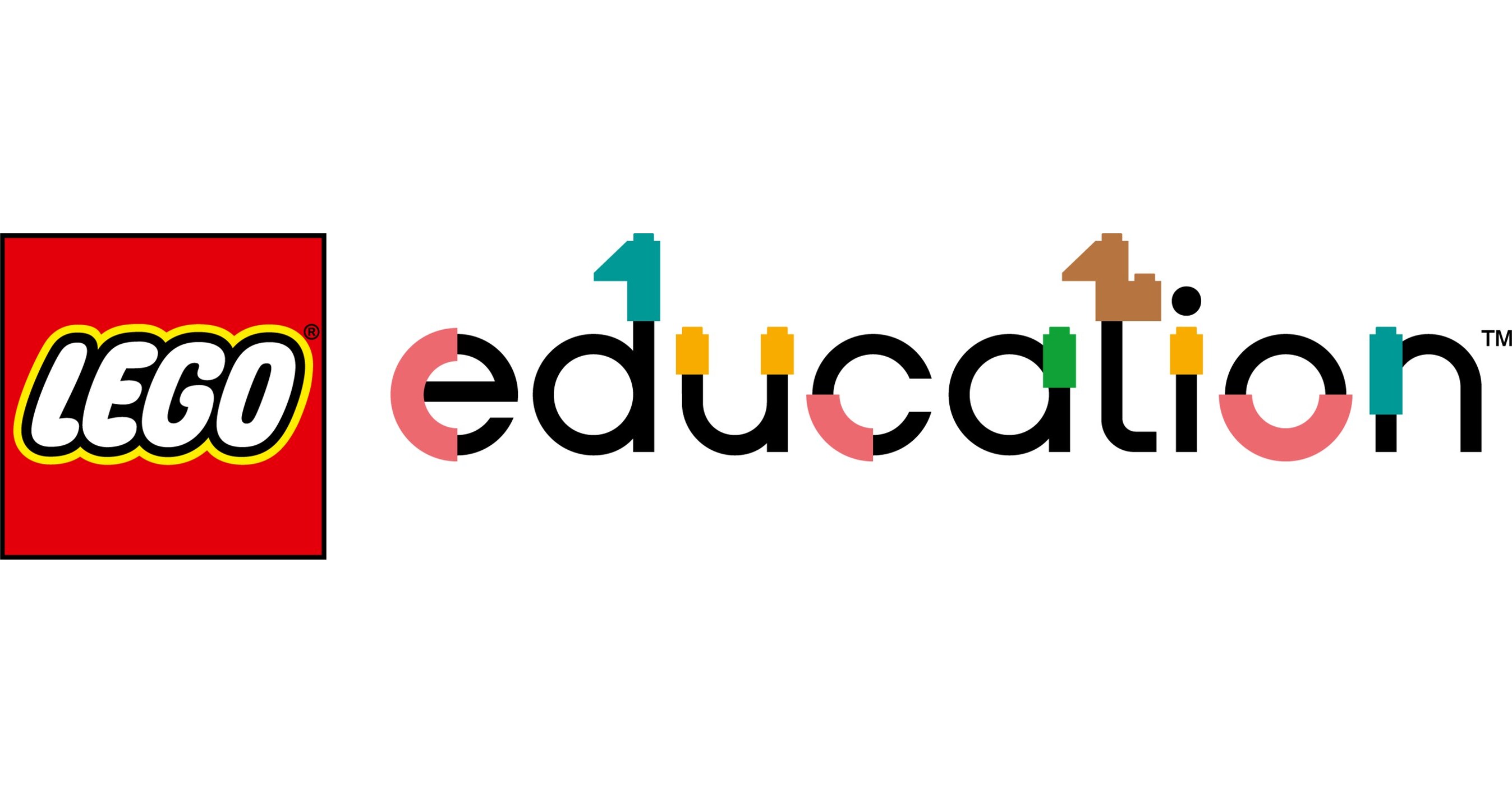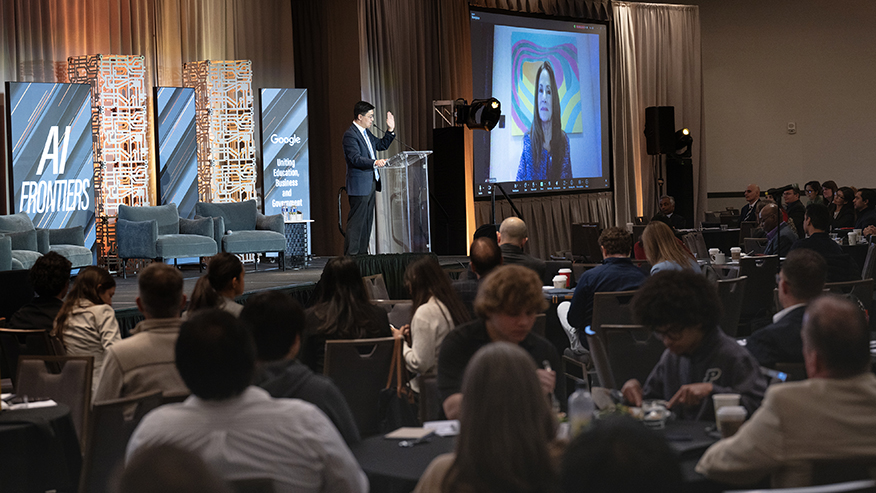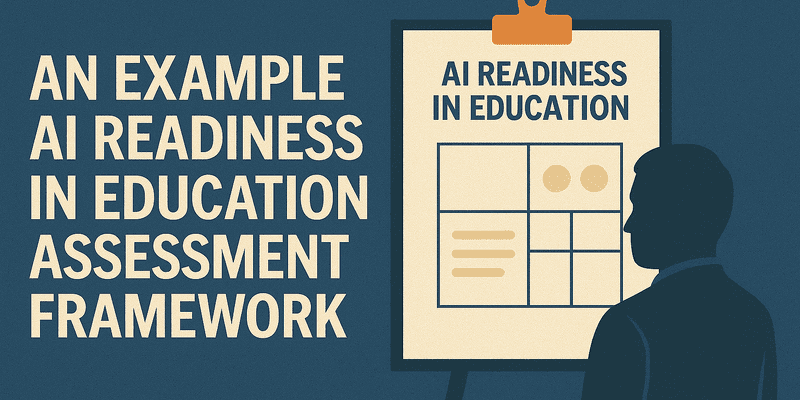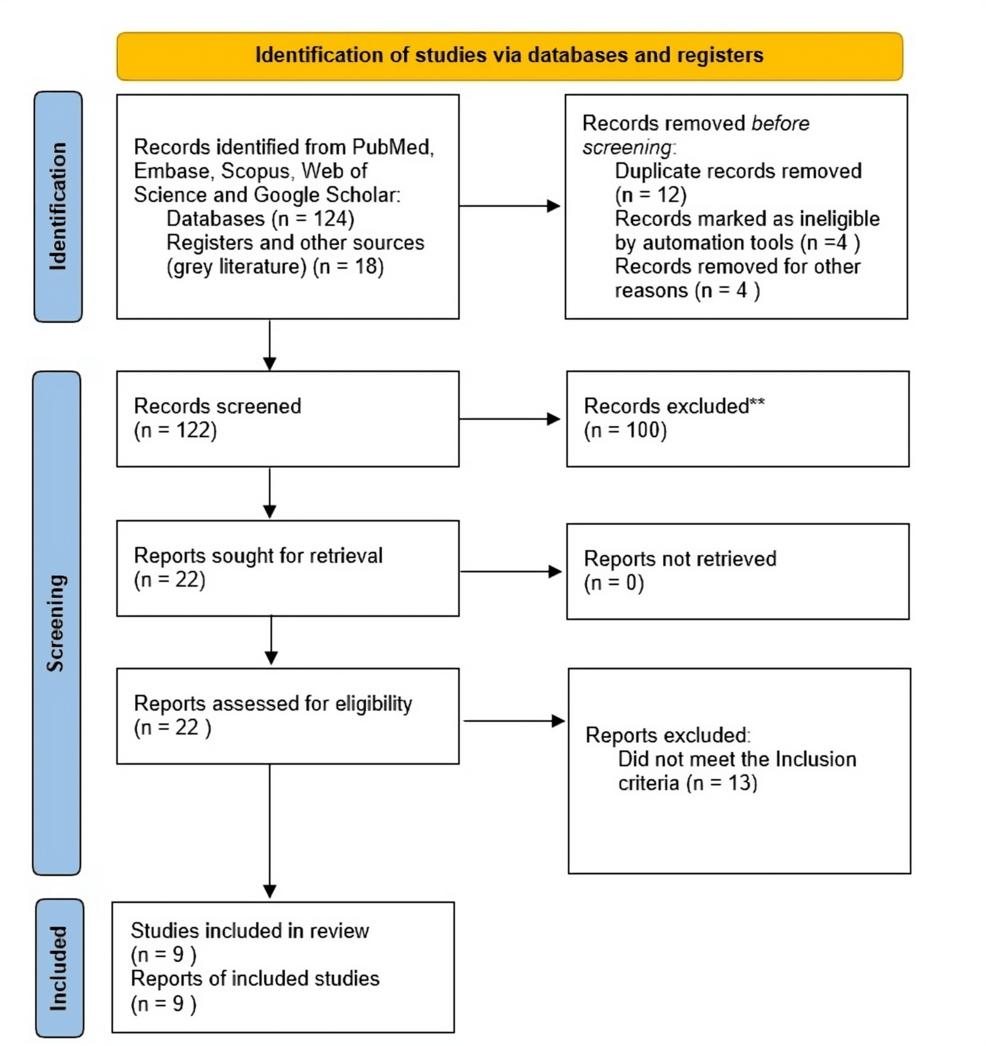
LEGO Education Computer Science & AI Announced – SPIKE Discontinued
LEGO Education has announced a new Computer Science & AI learning solution for K-8 classrooms, set to ship in April 2026, which aims to enhance AI literacy and creativity through hands-on, collaborative learning experiences. As part of this transition, the LEGO Education SPIKE Portfolio will be retired by June 2026, and the new kits will be available in three grade bands, providing educators with tools to effectively teach computer science and AI concepts.









